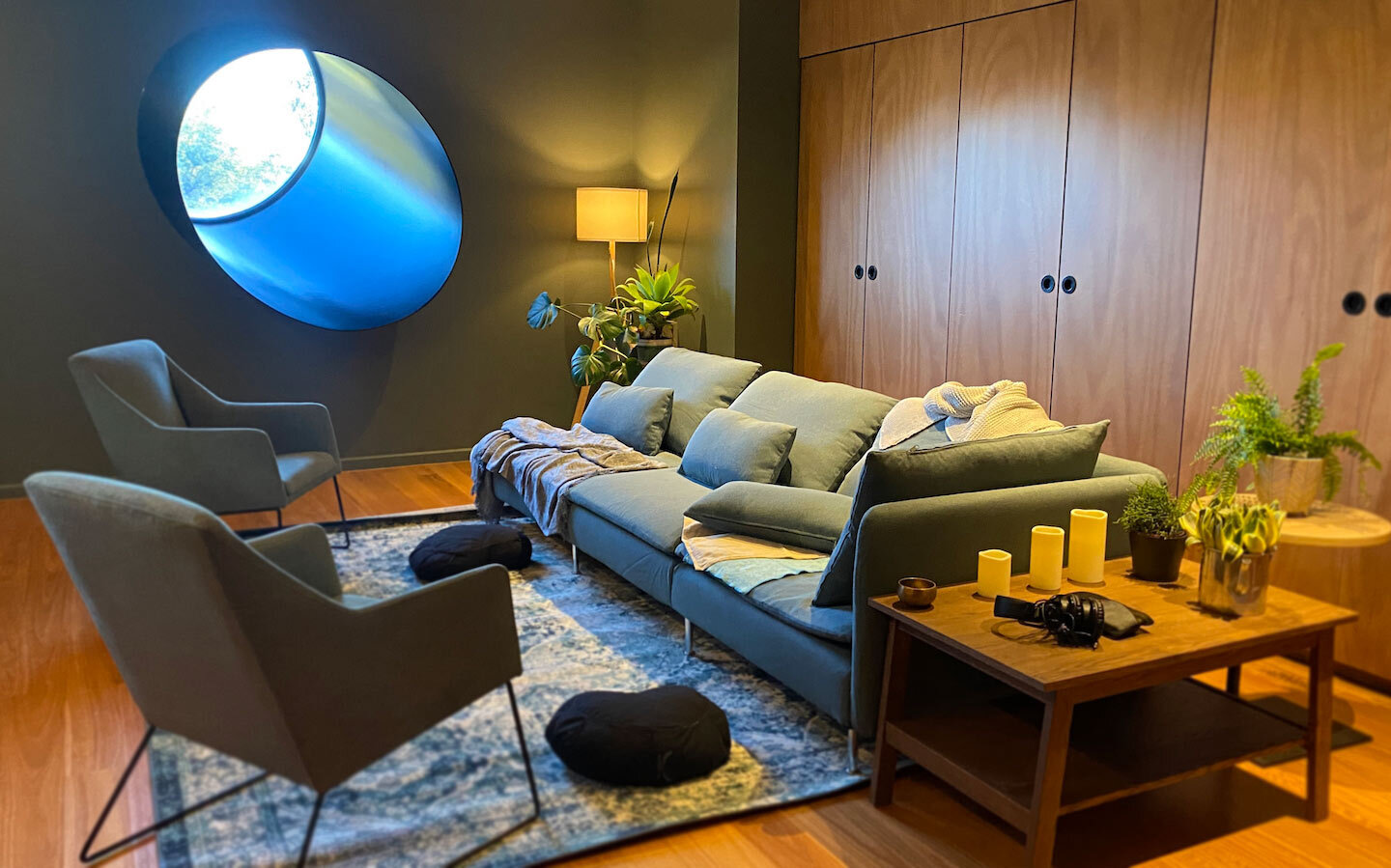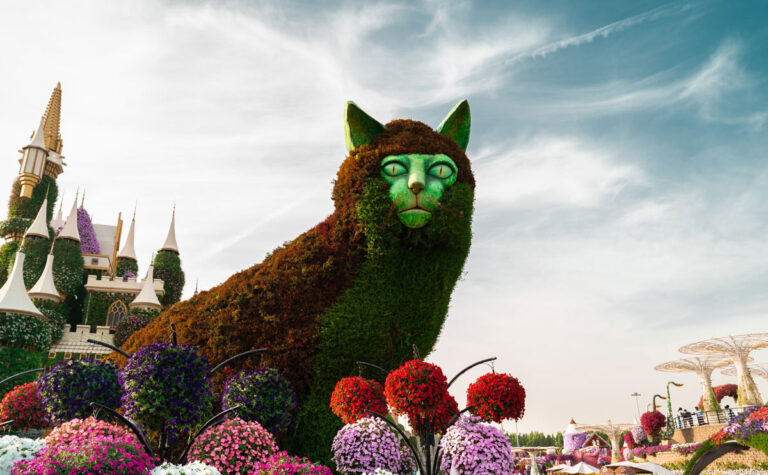Australian therapists could soon be given shrooms to better treat anxiety patients
The world of medicine is constantly evolving—especially when it comes to taking care of our busy brains, with innovative ideas concocted to combat mental health problems that plague us every day. But what if I told you that giving therapists magic mushrooms could lead to better therapy?
Australian researchers have recently been given the world’s first ethical green light to study whether psychedelic treatments can be used to treat a primary anxiety disorder. That’s right, you heard it from me first folks, magic mushrooms—specifically psilocybin, the active chemical within them—is the increasingly coveted medical miracle that could possibly help treat anxiety patients.
Simply put, trippy treatments are still all the rage and the subject of fascination. Australia-based pharmaceutical company Incannex Healthcare Ltd recently getting the green light from the Monash University Human Research Ethics Committee (MUHREC) to launch its second-phase of clinical trials is only proof of that. Coupled with specialised therapy, the research’s aim here is to analyse if this double whammy can help reduce the effects of anxiety in generalised anxiety disorder (GAD)—a chronic type of anxiety capable of manifesting as worry or panic on a day-to-day basis.
Spearheading the trials set to take place in the university’s BrainPark facility—a state-of-the-art neuroscience research clinic, outfitted with a meditation room and consultation suites—is the Head of Clinical Psychedelic Research, Paul Liknaitzky, who is optimistic that the study could play a greater role in the fight against mental health concerns. Carried out in a total of two sessions, patients will be administered a high dose of psilocybin—starting with 25 milligrams, and upping the dosage in the second session. A minimum of three psychotherapy sessions with two qualified therapists will precede and follow each dosing session. The therapy focused element of this research is crucial, as it helps prepare participants for the often intense psychedelic experiences while aiding them throughout the dosing sessions, and later helping them process these experiences afterwards.
Due to the delicate and intense nature of preparing those suffering from anxiety with a treatment that could induce the same, this study is also a step towards conquering the uncharted territory of medicinal psychedelics. On the therapy side of things, therapists themselves will also be offered psilocybin to help them understand exactly what the patient is going through.
Speaking to VICE, Liknaitzky said, “We’re also providing psilocybin as an option to our therapists as part of their training. While this was commonplace for psychedelic therapists using LSD during the first wave of psychedelic research in the 50s and 60s, this is the first trial ever to offer psilocybin as a training tool for therapists, and the first to offer a classical psychedelic for this purpose since 1974.”
Pointing towards MDMA-assisted psychotherapy as a treatment for PTSD—where almost all patients asked their therapist whether they’d experienced the drug before—Liknaitzky highlighted to VICE how a therapist’s personal experience with psychedelic substances seems to play an important role in facilitating therapeutic benefits for patients.
Phase-two of the study is focused on this specialised therapy. “This is a real step forward for the field. Our trial, which is the biggest trial in Australia with 72 participants, is the first primary anxiety trial with psilocybin ever,” Liknaitzky told VICE, adding how the team is seeking participants with general anxiety disorder for the study sometime next year.
Though the treatment duration only spans seven weeks in total, Liknaitzky noted that “participants’ involvement in the trial is about six months, with assessments before, during and after the treatment phase.”

Researchers have been officially analysing magic mushrooms and their psychological treatment’s benefits for over ten years now. The “psychedelic renaissance” of shrooms in the field of medicine was resumed after researchers identified that an active ingredient within them could help the terminally ill in the last stages of their lives.
A study performed by Doctor Charles Grob—a psychiatrist and professor of Psychiatry & Biobehavioral Sciences and Pediatrics and director of the Division of Child and Adolescent Psychiatry—at Harbor-UCLA Medical Center in California, revealed that giving a small dose of psilocybin to cancer patients at the end-stage of their life helped ease their anxiety. Native to the grassy fields, psilocybin is a naturally occurring psychedelic prodrug compound found within fungi which is quickly converted by the human body into psilocin—which has mind-altering effects that fall in line with recreational psychedelic drugs like LSD, mescaline, and DMT—which has the effect of euphoria, visual and mental hallucinations, perception changes and much more.
In the timeline of psychedelic mushroom research, two more studies were carried out five years after Grob’s initial attempt of breaking down the magical substance. Hallucinogens drove doctors into a frenzy over the potential benefits of such treatments, with clinical trials alighting at a range of universities. In 2015, The New Yorker noted that the studies mentioned above were conducted at New York University (NYU) and John Hopkins University, while VICE acknowledged the power of psychedelics in palliative care three years later.
In 2016, a paper was published on the substantially decreased depression and anxiety within patients who were given the drug in a double blind study, yielding similar results. After a dose of the drug was administered, in the company of psychotherapists, subjects showed a significant and lasting reduction in anxiety, depression and existential distress. These findings in turn opened the gateway to uncovering the possibilities in otherwise-illicit drugs and proved instrumental in spotlighting psilocybin as one of the movement’s more promising candidates.
Microdosing may be in at the moment, but you might want to hold off on the tea talk over shrooms, as the drug is yet to be properly investigated. In fact, until now, there has never been a clinical trial to date studying the efficacy of psilocybin in treating a primary anxiety disorder.
The booming interest in psychedelics has been going on for quite some time in Australia too, with the legalisation of magic mushrooms and an investment nudge of $15 million from the Australian federal government in grants—to support Australian-led research into the use of mushrooms, ecstasy and ketamine to tackle illnesses such as PTSD, major depressive disorders, addiction and eating disorders.
Though it is illegal in the country to cultivate, possess, use or supply psychedelic mushrooms, the aim of this new study is to analyse them for their psychoactive properties—in the hopes of looping them into tailored medical psychedelic treatments to address a variety of disorders. Dug up from cow manure and leaf litter on rainswept forest floors, the first legal collection of the mushrooms was awarded to University of Queensland’s Doctor Alistair McTaggart—a mycologist and evolutionary biologist with over a decade of study in the realm of fungal genetics—who will also be able to catalogue psilocybin. Very little is known about the 20 to 30 species of psychedelic mushrooms present in Australia. Doctor McTaggart’s research will aim to investigate whether they are native, edible, poisonous or adaptable for medicinal use.
It’s safe to say that, across the pond, Aussies have been making real strides in this area of research. Although the research is still in it’s initial testing phase before it can make its way to the general public, Doctor Liknatsky remains incredibly hopeful.
“The Multidisciplinary Association for Psychedelic Studies looks very likely to get approval in the US, and probably at a similar time in Australia, in late 2023 or early 2024,” he told VICE, continuing, “Which is pretty soon; it’s a lot sooner than a lot of people might imagine, given the field spent the better part of four decades in a deep freeze. And psilocybin-assisted therapy is likely to be two or three years behind that.”
Doctor Liknatsky has stated before, in an interview with The Age, that psychoactive therapy’s currently unsuccessful methods might have more positive treatment effects under this psychedelic-assisted model. “A lot of people are inclined to think about it as a drug treatment, as a chemotherapeutic treatment, whereas it’s really a combination of drug and talk therapy within a conducive setting.”





